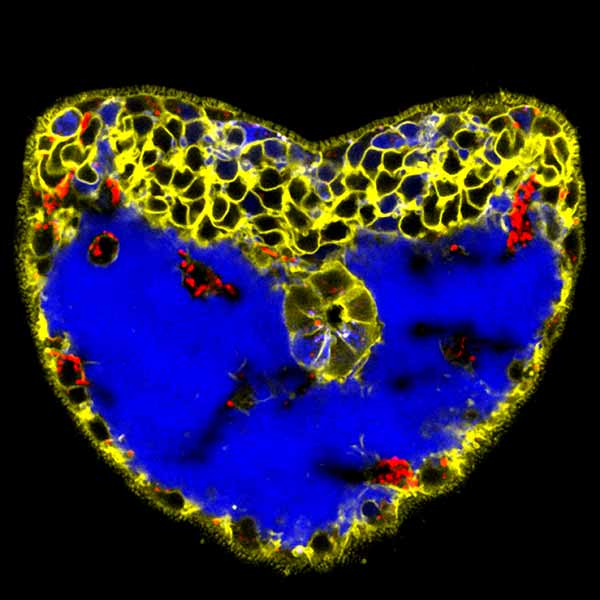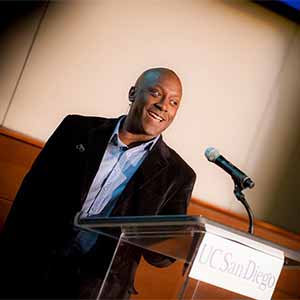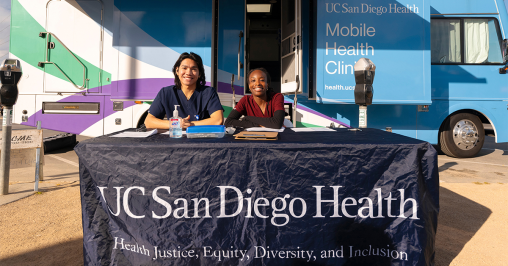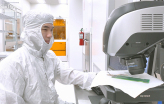Biologists Create Malaria-Blocking Mosquitoes
Using a groundbreaking gene editing technique, biologists at UC San Diego, working in collaboration with biologists at UC Irvine, have created a strain of mosquitoes capable of rapidly introducing malaria-blocking genes into a mosquito population through its progeny, ultimately eliminating the insects’ ability to transmit the disease to humans.














